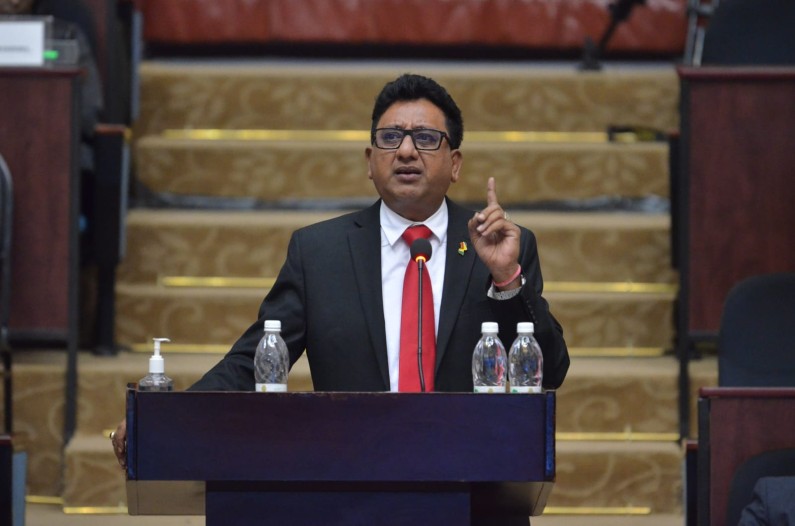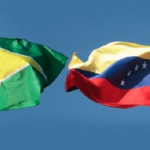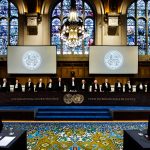
As a member of the United Nations (UN), Venezuela by virtue of the Charter of the United Nations, is bound by the decisions of the UN and by extension, the International Court of Justice (ICJ), Attorney General Anil Nandlall said as he stood in support of the Motion in the National Assembly denouncing Venezuela’s planned referendum on Guyana’s Essequibo region.
It was the UN Secretary General who referred the Border Controversy between Guyana and Venezuela to the ICJ following the failure of the UN Good Offices Process.
With the case now before the ICJ, and the Court preparing to hear a request from Guyana to block questions related to the controversy from Venezuela’s referendum, the Attorney General said Caracas must abide by the ruling of the court.
“It is also bound to comply with and accept the jurisdiction of all UN organs including the International Court of Justice, save on very limited grounds. As an expression of sovereignty, it can refuse to submit to the jurisdiction of that Court on certain grounds. Those grounds do not exist in this case,” Minister Nandlall said.
He reminded that the issue of jurisdiction was thoroughly interrogated by the Court.
“Perhaps, Venezuela recognises that its case at the Court is hopeless. Faced with that very real prospect and an impending General Elections in an environment of great economic depression and resultant social chaos, the Maduro administration has chosen the controversial Referendum as a silver lining in the dark clouds hanging over that society,” the Attorney General reasoned.
The Attorney General said Guyana will continue to rely on International Law, and the process engaged at the ICJ.
Additionally, he said Guyana has received the strong backing of some of the most powerful voices in the hemisphere, including from the United States, the United Kingdom, the Caribbean Community (CARICOM), the Commonwealth, the Organization of American States (OAS), the European Union, and Brazil among others.











You must be logged in to post a comment Login